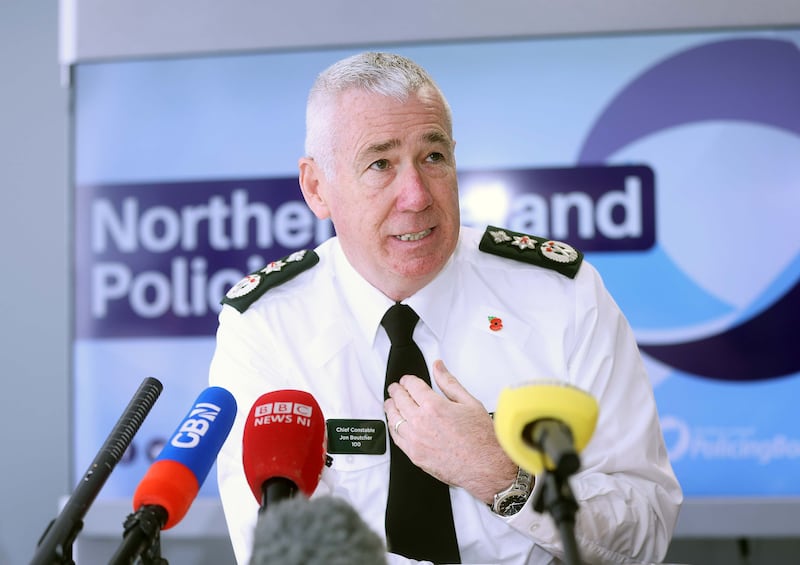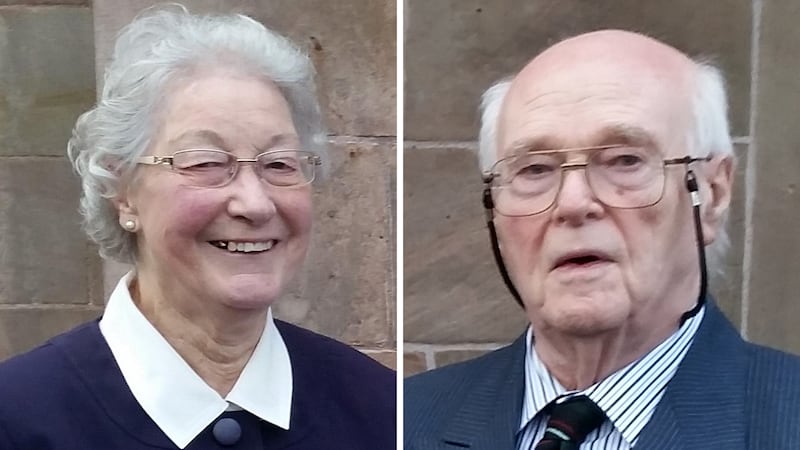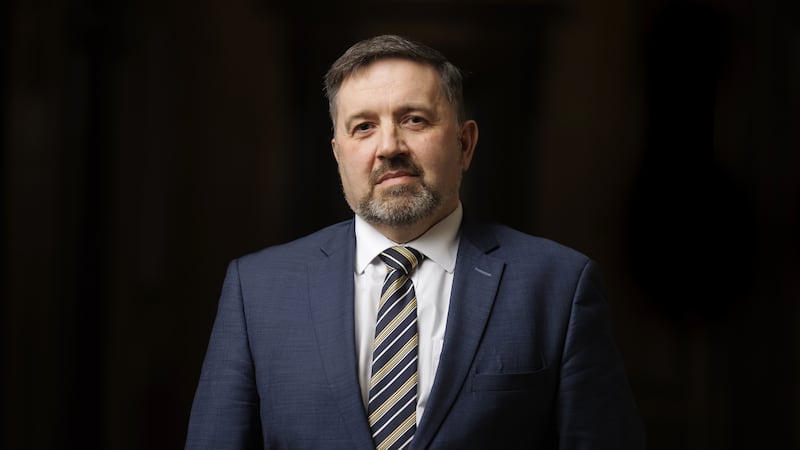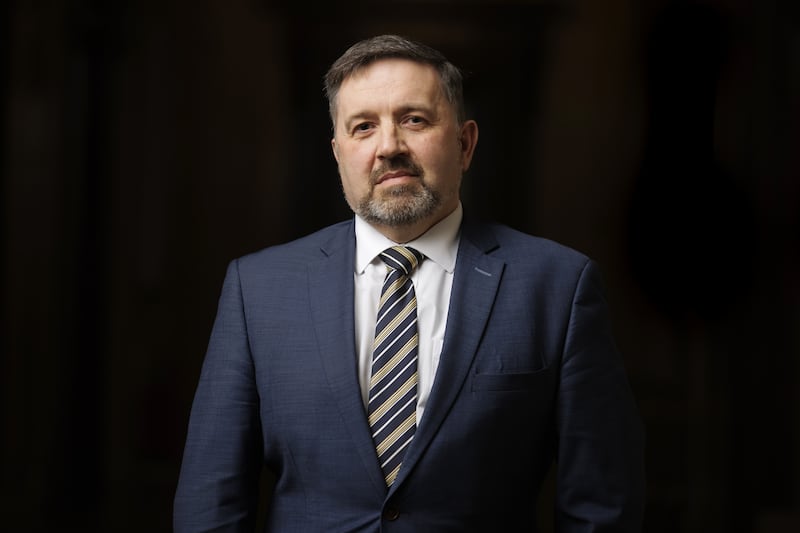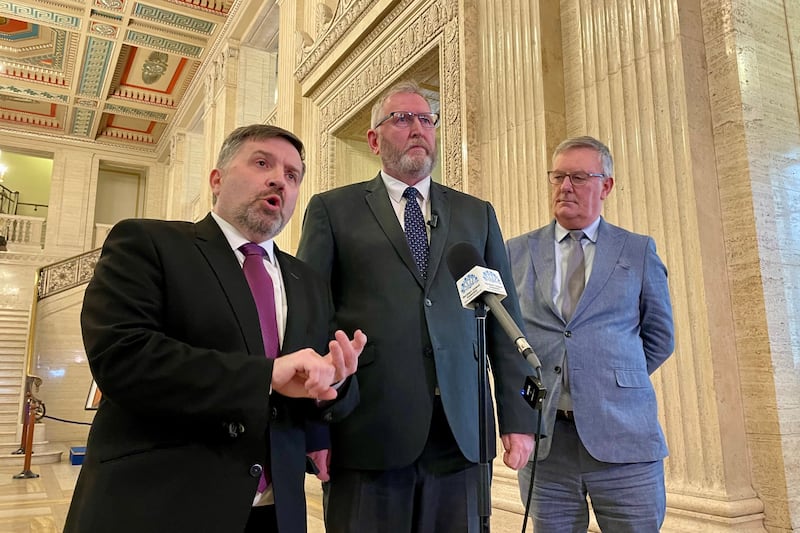The intense strains placed on our health and social care system have become an all too familiar aspect of everyday life in Northern Ireland. Sadly, 2024 has started no better than 2023 ended, with so-called winter pressures already biting hard in hospitals and GP practices.
There will be few readers without direct experience of this. If we haven’t ourselves faced the long - and perhaps ultimately futile - attempt to speak to a GP or make an appointment, or sat in a crowded hospital emergency department for hours or had a domiciliary care visit cancelled, we will almost certainly know a family member or friend who has.
- PSNI ‘apologises unreservedly’ for failings in lead-up to Cawdery killingsOpens in new window
- Circumstances around the ‘entirely preventable’ deaths of Marjorie and Michael Cawdery raise profound issues of public safetyOpens in new window
- Belfast Trust launches phone service to alleviate capacity issues in A&EOpens in new window
Seasonal factors play a role; more people tend to fall ill in winter. But Northern Ireland’s malaise runs much deeper - there are embedded, year-round problems, perhaps chief among them the north’s shamefully long and ever-growing waiting lists.
The extension of a ‘Phone First’ service to the Belfast health trust - it is already operating in other trusts - is an attempt to ease some of the pressures on emergency departments.
It is an alarming reality that in the face of the decline in family doctor services, ED rather than the GP has become the first destination for far too many sick people.
This includes those with mental ill health. People experiencing a mental health emergency are often brought to hospital by PSNI officers. This particular patient group deserve and require specific care, and while many receive appropriate treatment for complex needs, it is also clear that this does not always happen.
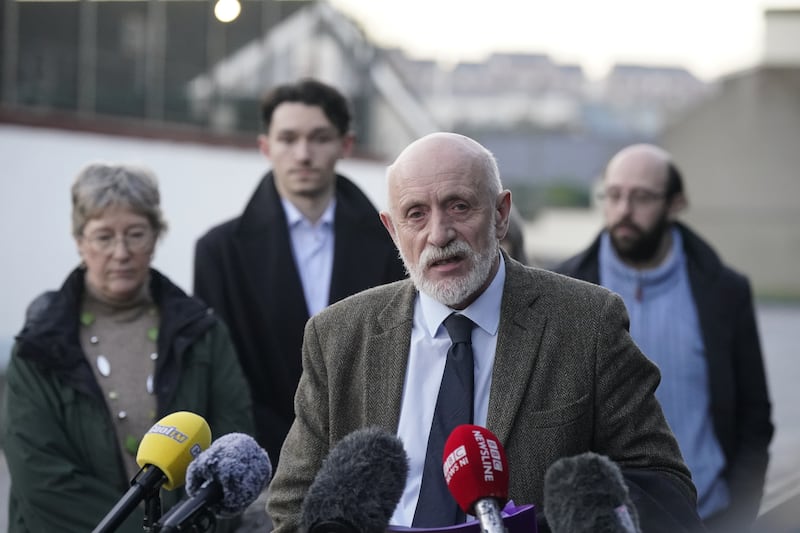
The killing of devoted husband and wife Michael and Marjorie Cawdery, attacked in their own home in 2017 by Thomas Scott McEntee, a paranoid schizophrenic, during a period of severe mental crisis, is an unbelievably tragic example of how both the PSNI and health trusts failed in their duties of care.
In December, a coroner found that the deaths were “entirely preventable”, highlighting poor communication and a lack of informed and effective decision-making by police officers and health trust staff “in their contact, care and treatment” of McEntee.
Chief constable Jon Boutcher has now made an unreserved apology to the Cawdery family. He says the PSNI is committed to learning the lessons from the case and working better with the health service.
It is essential that they do work better together to prevent yet more avoidable deaths involving mental ill health.
